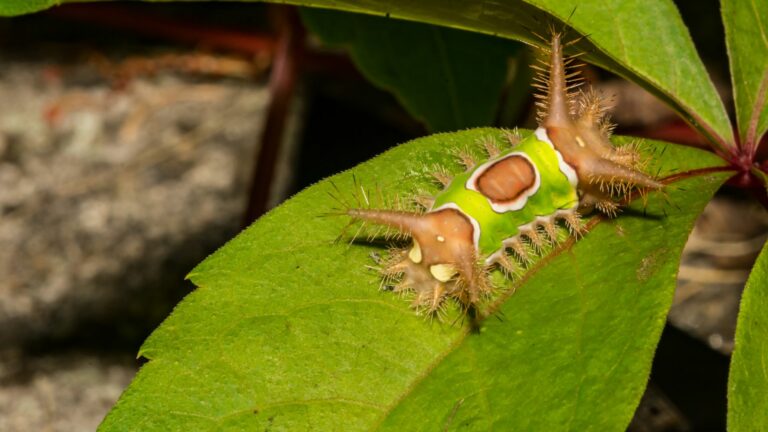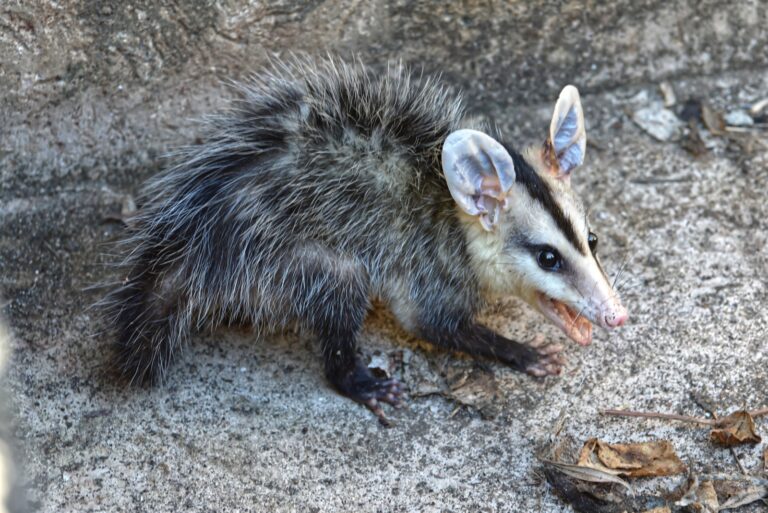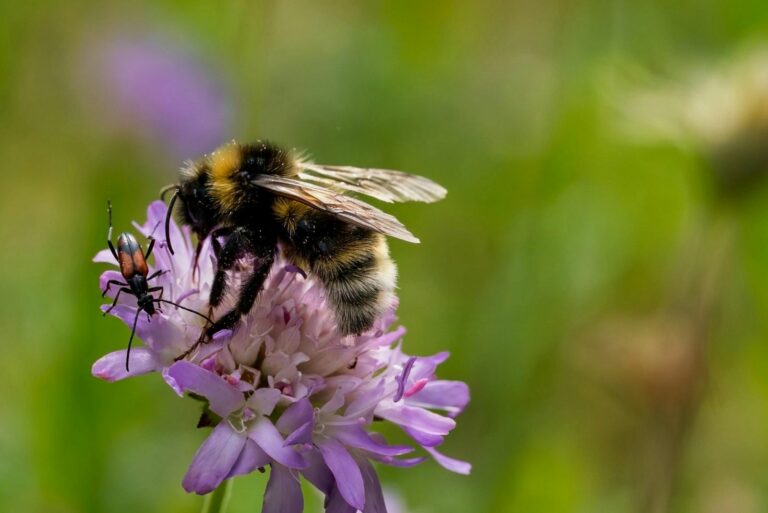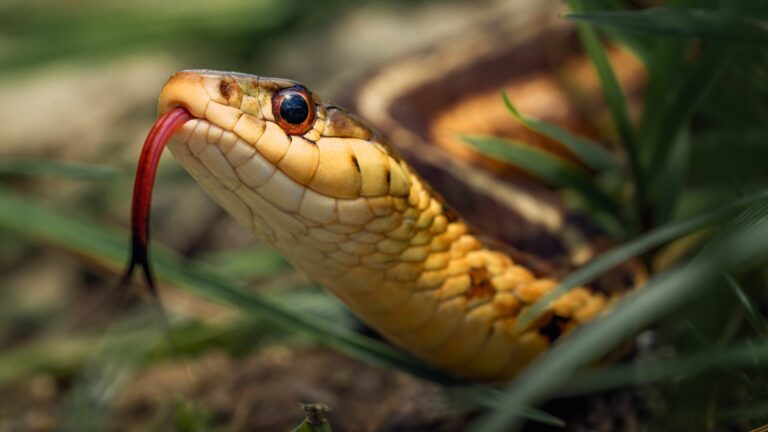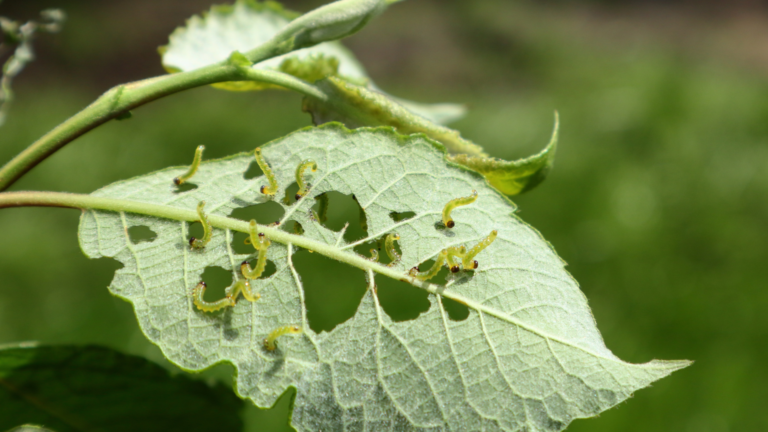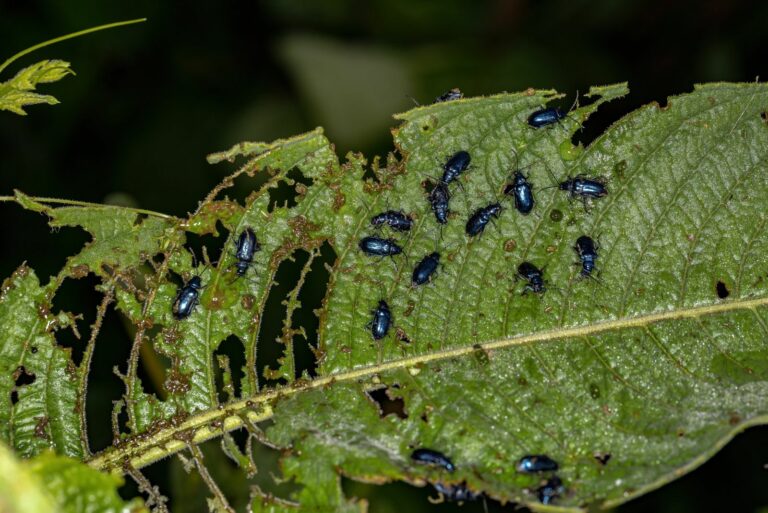7 Reasons Bees Are Disappearing In New Jersey
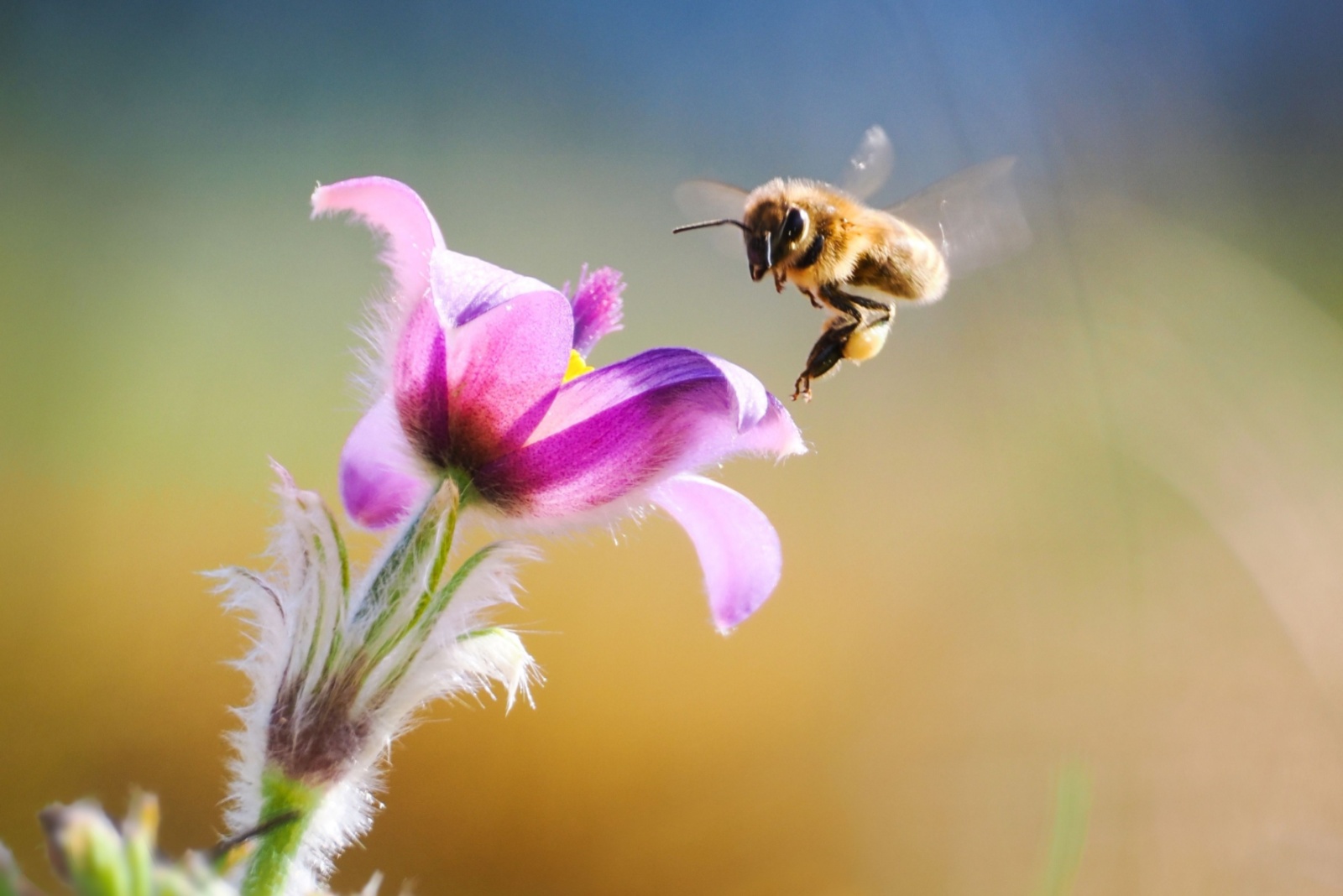
Bees are some of the hardest workers in New Jersey, buzzing from flower to flower and helping our gardens grow. But lately, their numbers have been dropping fast, and that’s a problem for everyone who loves fresh fruits, vegetables, and blooming plants.
Understanding why bees are vanishing helps us protect these tiny but mighty pollinators and keep our local ecosystems healthy.
1. Pesticides And Chemical Treatments
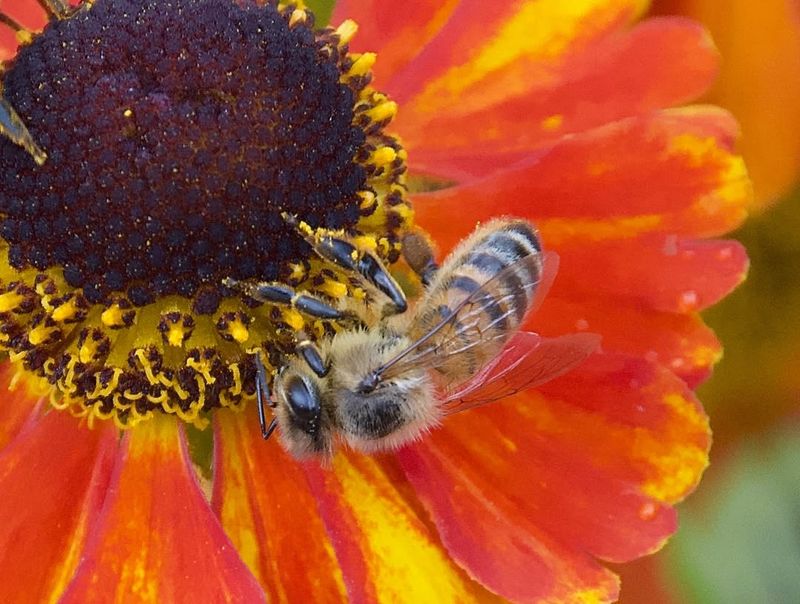
Chemicals used to kill unwanted insects often harm bees too. Many homeowners and farmers across New Jersey spray pesticides on lawns, gardens, and crops without realizing these products can poison the very pollinators we need.
Neonicotinoids, a common type of pesticide, confuse bees and damage their ability to find food and return home. Even small amounts can weaken entire colonies over time.
Choosing organic or bee-safe alternatives protects these essential insects while still keeping gardens healthy and productive.
2. Loss Of Natural Habitat
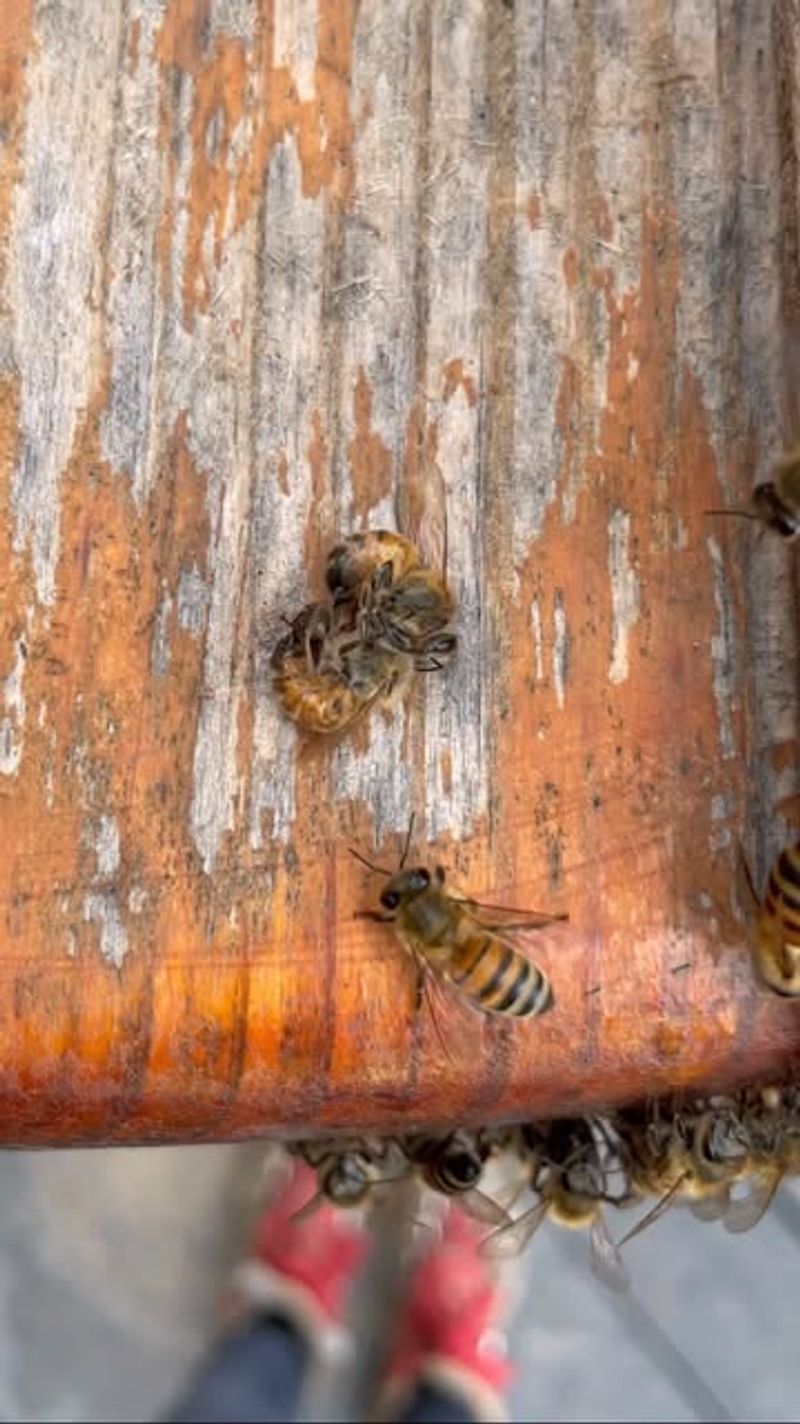
Wild spaces where bees once thrived are disappearing as cities and suburbs expand throughout New Jersey. Meadows filled with wildflowers get replaced by parking lots, shopping centers, and housing developments that offer little food for hungry pollinators.
Bees need diverse flowering plants to survive, but when natural areas vanish, they struggle to find enough nutrition. Without proper habitat, colonies weaken and eventually collapse.
Planting native flowers and creating pollinator gardens helps restore some of what development has taken away from our buzzing friends.
3. Climate Change And Weather Shifts
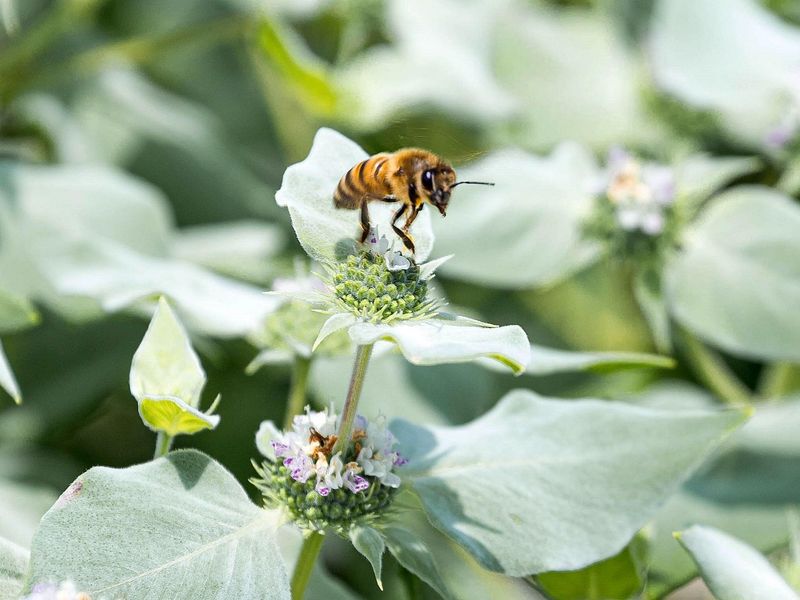
Unusual weather patterns throw off the delicate timing bees depend on for survival. When spring arrives earlier or winters grow milder in New Jersey, flowers may bloom before bees emerge, leaving them without food sources.
Extreme temperatures and unpredictable storms also stress colonies and make it harder for bees to forage efficiently. Droughts dry up nectar supplies while heavy rains wash away pollen.
These shifting conditions force bees to adapt quickly or face serious consequences that threaten their long-term survival across the state.
4. Diseases And Parasites
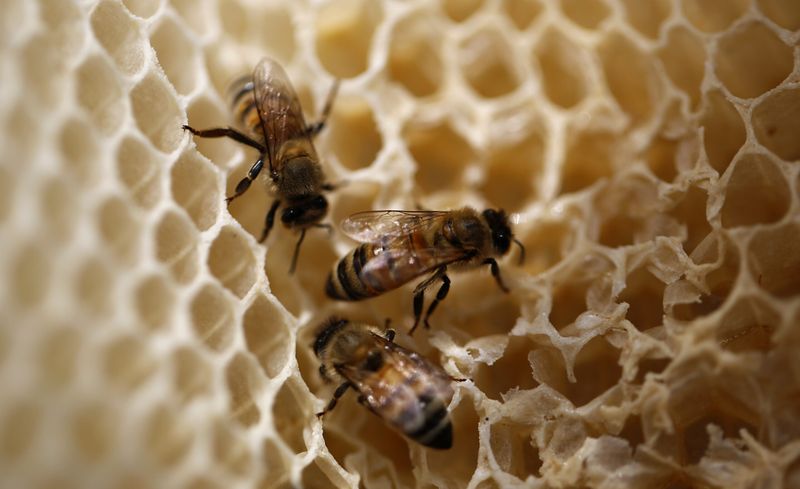
Tiny parasites called Varroa mites attach themselves to bees and feed on their blood, weakening them significantly. These mites spread viruses throughout hives, causing entire colonies to sicken and die in New Jersey and beyond.
Fungal infections and bacterial diseases also plague bee populations, especially when colonies are already stressed from other factors. Sick bees can’t pollinate effectively or care for their young properly.
Beekeepers work hard to monitor and treat these health problems, but wild bee populations often suffer without any intervention or protection.
5. Monoculture Farming Practices
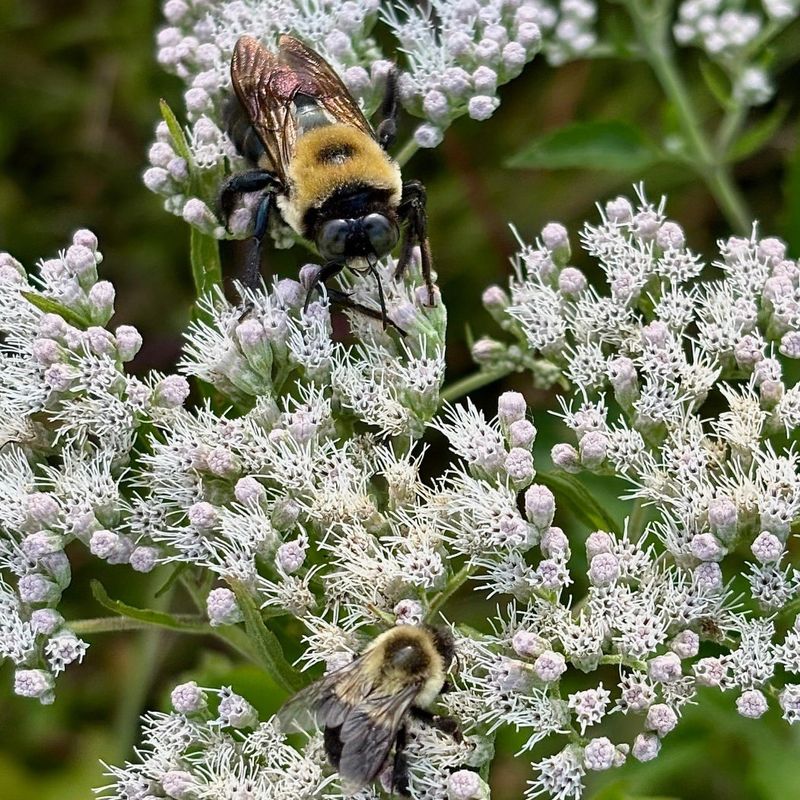
Growing just one type of crop across huge fields leaves bees with limited food options. When New Jersey farms focus solely on corn, soybeans, or other single crops, pollinators miss out on the variety they need to stay healthy and strong.
Bees require different types of pollen and nectar throughout the season, but monoculture fields only provide food for short periods. The rest of the time, bees go hungry or must travel long distances.
Encouraging farmers to plant diverse crops and wildflower borders creates better conditions for these important insects year-round.
6. Lack Of Flowering Plants In Urban Areas
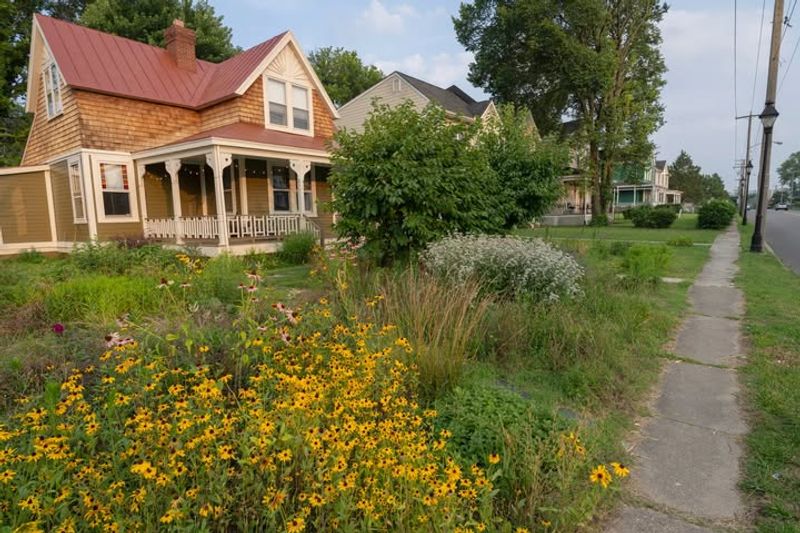
Perfect green lawns might look nice, but they offer nothing for hungry bees searching for meals. Many New Jersey neighborhoods feature grass-only yards without the flowering plants that pollinators desperately need to survive and thrive.
Bees travel from flower to flower collecting nectar and pollen, but when yards contain only turf grass, they find empty dinner tables. Cities and suburbs become food deserts for these hardworking insects.
Adding clover, dandelions, and native flowers to lawns transforms boring yards into bee-friendly spaces that support local pollinator populations beautifully.
7. Light Pollution At Night
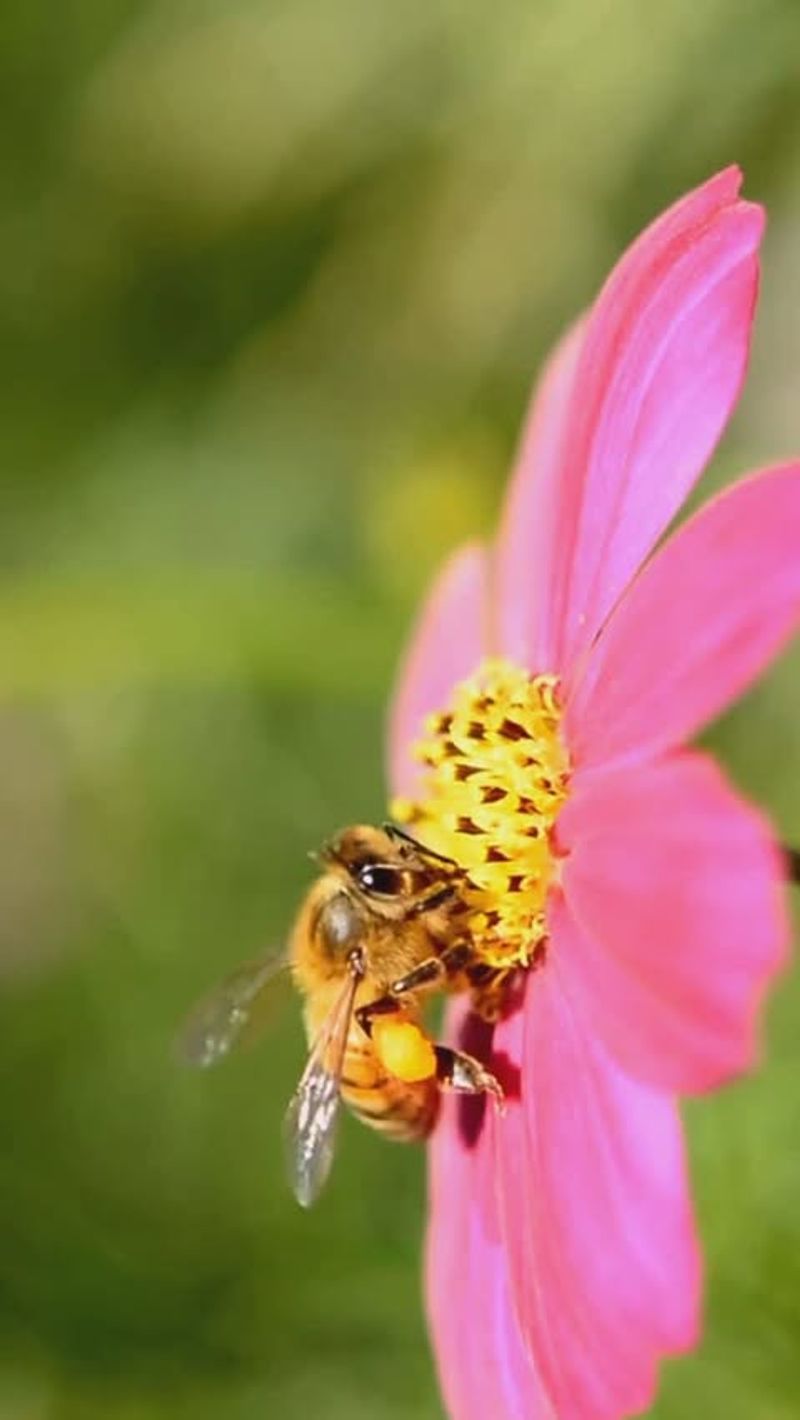
Did you know artificial lights can confuse bees just like they do moths? While most bees sleep at night, some species remain active during twilight hours, and bright lights in New Jersey cities disorient them badly.
Street lamps, porch lights, and illuminated buildings interfere with natural navigation systems that bees use to find their way home. This confusion wastes their energy and disrupts important pollination activities.
Reducing unnecessary outdoor lighting and using motion sensors helps create darker, more natural environments where bees can rest and navigate properly without constant interference.

